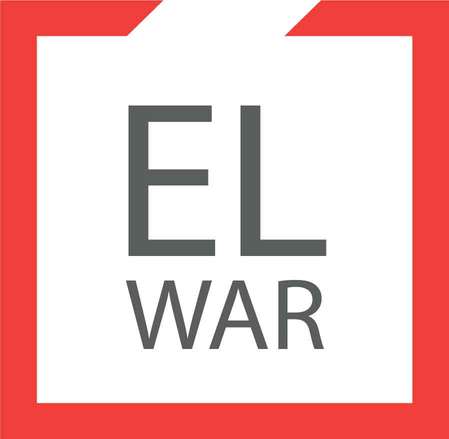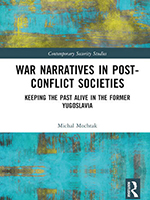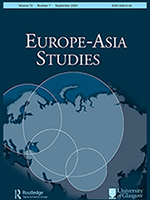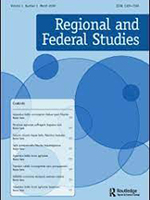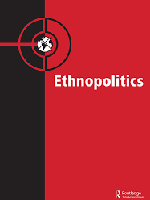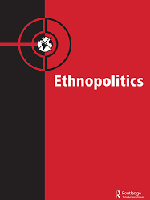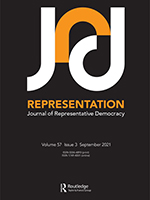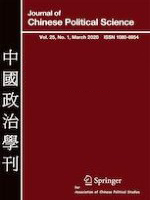The paper analyses almost fifteen years of Croatian parliamentary debates and identifies a discourse of war legacies. Using the latest advancements in natural language processing, the paper utilizes models based on latent semantic analysis and discusses how politicians talk about war in terms of common narratives and shared frameworks. Using a complex vector representation of war-related concepts, the paper specifically focuses on their framing in the context of right-wing authoritarianism. The results show a negative trend of pushing the most frequent war-related concepts to more extreme framing as a potential reflection of their political abuse and ongoing mythologization.
How do voters in consolidating democracies see electoral integrity? How does election affect the change in perception of electoral integrity among these voters? What role does winning play in seeing an election as free and fair? Building on the theory of the winner-loser gap, we answer these questions using original two-wave panel surveys we conducted before and after three parliamentary elections in Southeast Europe in 2018 and 2020. The article focuses on changes of perception of electoral integrity as a function of satisfaction with the electoral results in contexts where the quality of elections has always been at the centre of political conflict. We specifically explore the socialization effect of elections in environments with notoriously low trust in political institutions and high electoral stakes. The article goes beyond the “sore loser” hypothesis and examines voters’ both political preferences and personal characteristics potentially responsible for the change in perception of electoral integrity over the course of electoral cycle.
